No one will fault you for not knowing how gaming has transitioned into one of the most profitable industries globally. You can now experience the same thrill of a physical casino through your mobile device. Regardless of the platform, there is a mobile casino game that awaits. However, it will be a great injustice if you do not have an insider's view of how far gaming has come.
Below is a chronological account of the significant advancements that influence today's gaming culture. You shall find out more about how it started and what the future holds as you read along. Without further ado, here is what is happening.
Pre 1970 – Where it all begins
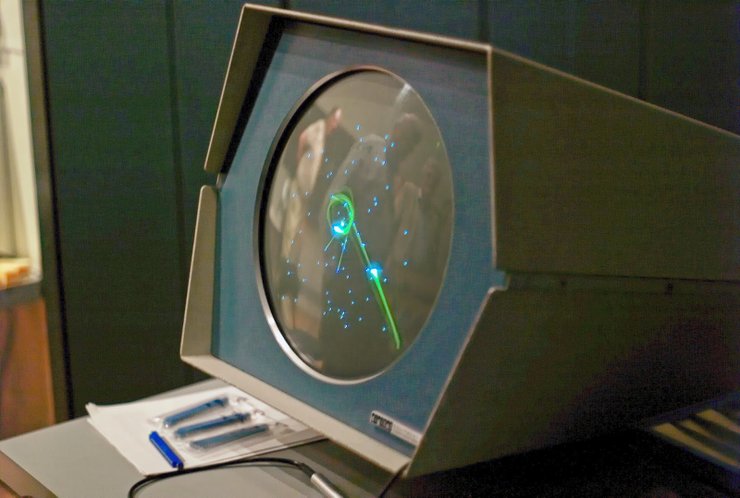
Do the titles Spacewar and Nim ring a bell? These are the first commercial titles of the gaming world dating back to the 1950s and 1960s. Nim is a mathematical strategy game whose objective is to have your opponent take the last object from the play's piles. It is similar to a traditional Chinese game named Jian Shizi, which loosely translates to picking stones.
You will need a device known as a Nimrod or Nimatron to play the game. Since then, the game has evolved to include different gameplay variations such as Circular Nim and Greedy Nim. If math and strategy is not your forte, you could opt for Spacewar. MIT students invented the game for their PDP1 computer. Initially, its purpose was to showcase the power of computers. However, its growth in popularity spurred the inventors to share it with the masses.
There is not much to talk about in this period, as technology was still in its infancy. However, massive changes were yet to come, as is evidenced by the year 1970.
1970 – The dawn of computer and console gaming
The introduction of programming languages such as BASIC and Unix ignited a spark in many aspiring computer programmers. Additionally, computer-specific publications such as Creative Computing and accessibility to ARPANET made it easier for enthusiasts to share knowledge across different geographies. Consequently, new genres of games became popular, with racing and shooting taking centre stage.
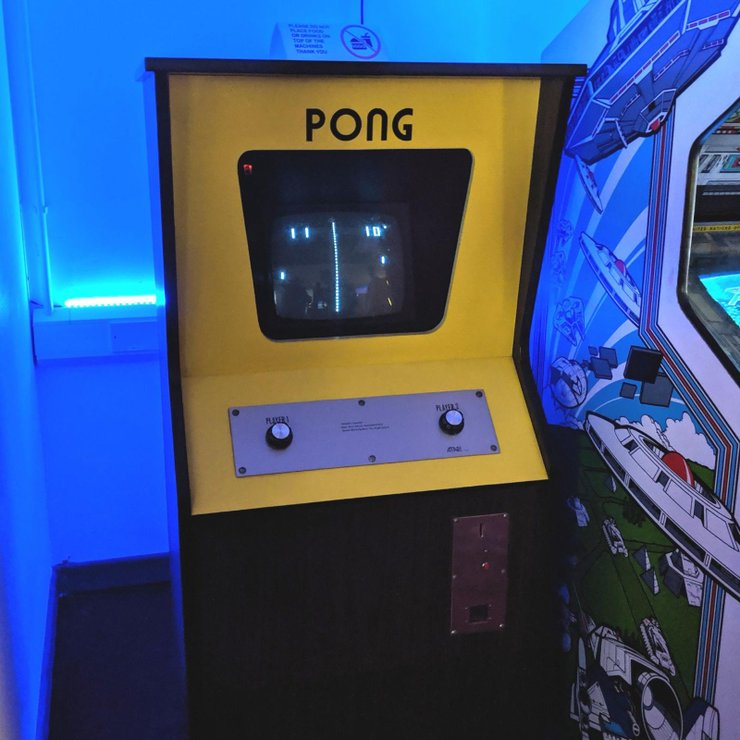
Despite these advancements, computer gaming still had a long way to go. ARPANET had still not caught on, and it was ridiculously expensive to own a personal computer. Therefore, it was necessary to provide enthusiasts with a cheaper and more entertaining option. To answer the call were Ralph Baer, William Rasch and William Harrison. Together, they built the first-ever console known as the Magnavox Odyssey. Unfortunately, the lack of marketing skills on their part saw its quick demise after just three years in the market.
Atari picked up the pieces and revolutionised the industry altogether. Picking inputs from companies such as Sega and Taito, they are the first to commercialise arcade gaming. Their electronic game Pong was such a hit that you could find it in many bars and malls. The concept was to install a stand-alone gaming machine that requires a coin to operate across locations that enjoy the most foot traffic. Partnerships with Sega, Namco, and Taito also accelerated the concept's popularity and saw a new gaming generation's birth.
1980 – The home console domination era
As arcade gaming was growing in leaps and bounds, the folks at Nintendo saw a massive opportunity. The introduction of the Famicom in 1983 gave way to home gaming as we know it today. You were now able to enjoy 8-Bit games from the comfort of your couch by hooking up the device to your colour television. Titles such as Super Mario Bros. and Legends of Zelda were flying off the shelf in record time. Additionally, the catchy advertisements that accompanied each release contributed to the home console's mass appeal.
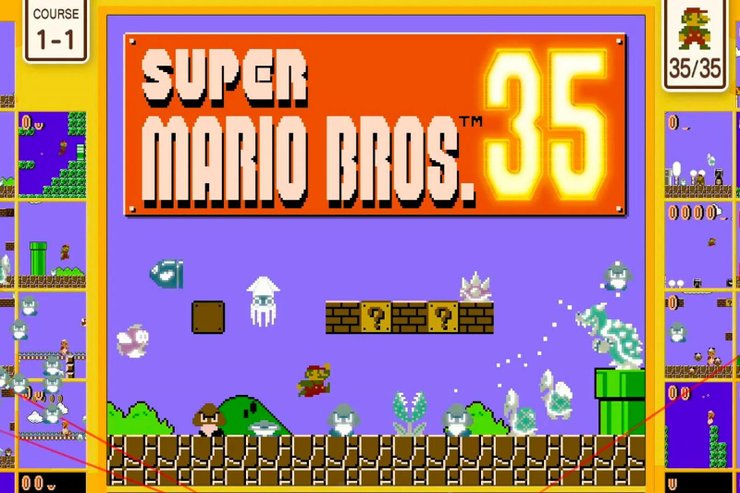
Subsequently, other manufacturers followed suit. Sega introduced the Sega Mega Drive with the Sonic the Hedgehog as its flagship title. However, things changed in 1994 when SONY debuted the PlayStation One. Sony and Microsoft are currently taking the lion's share with their recent releases, the PlayStation 5 and Xbox Series X.
The 2000s - The modern age of gaming
The new millennium has seen mass innovation in the video game industry. You can now play most titles with your peers globally. Multiplayer online gaming is now the in-thing. Gaming tournaments are happening every year across different geographies.
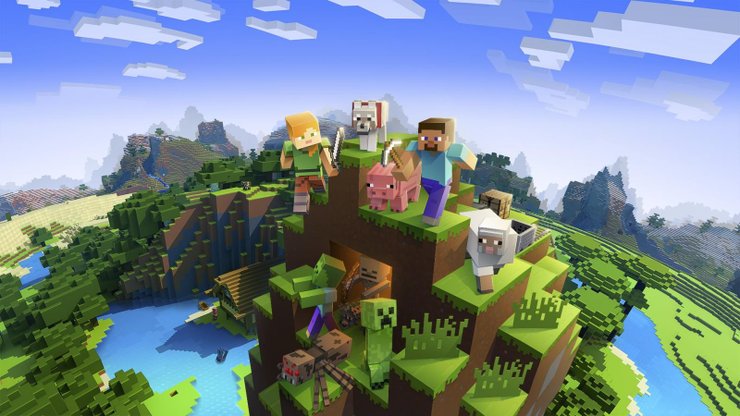
Similarly, you can now enjoy quality image processing. A quick session on the latest Mortal Kombat is like watching a movie. The storylines are much better, and there are hundreds of genres to choose from. Furthermore, you no longer have to follow the developer's narrative. Games such as Roblox and Minecraft allow you to create your own story as you play. Finally, industry stakeholders predict the industry to surpass the $200 billion mark by 2025.
You no longer have to visit a brick-and-mortar store for some quality game time. There are many titles that you can play straight from your mobile device as well.
What does the future hold?
There is still a lot to come in the gaming world. Developers are continually working to make the experience more immersive. Technologies such as motion control, virtual reality and artificial intelligence are slowly inching into the gaming world. You now have the Nintendo WII that uses your motions to instigate actions within the game. VR glasses are also available as a console accessory, meaning you can now be part of the game as you play.
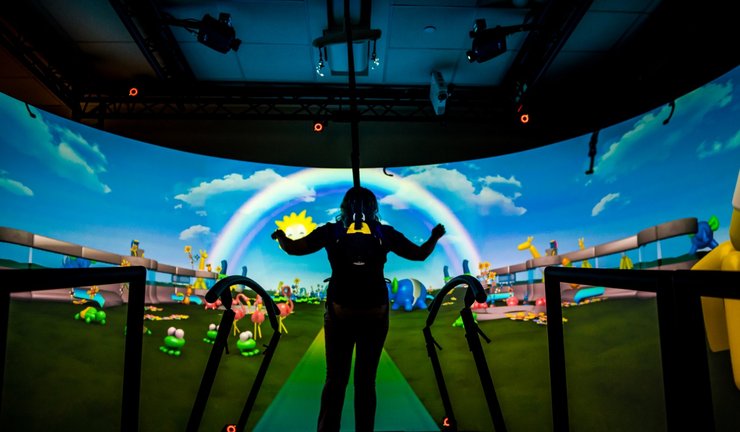
Conclusion
Looking back at the past few decades' advancements, you cannot but salivate as to what the developers have in store in the coming years. Therefore, make the best of what you have right now, as it may not be in the market for long.
>>> Visit GuruGamer for more Mobile Game news!














Comments